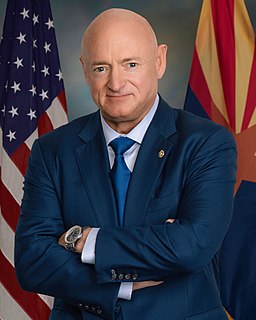A Quote by Mark Kelly
There's been a lot of discussion about NASA culture and changing that. I think our culture has always been one of trying to do a very difficult job and do it well.
Related Quotes
I think our culture right now is a culture that's trying to find itself. They're trying to figure out what is it? Is it social media followers? Is it trying to be popular? Is it money? Is it fame? Is it power? They're searching for identity and so many of us have been there, and we'll get back to that place of what is our identity? Who are we? More importantly, whose are we? For me, I find my identity in a relationship with Christ.
Ultimately the most profound problems with psychotherapy have always been that instead of possessing any contrarian or transcendent values to enable it to produce insights countervailing against our dysfunctional and incoherent and humanly destructive culture, its "therapists" have been virtually all shills or agents for this culture, trying to accommodate their patients to a fundamentally unhealthy and insane way of life.
I think the culture of the feminine needs to be reinvigorated and women need to build a culture that is connected all over the globe to reinforce this new-found power in the body. Women have been divided to be conquered. No one person did this. It's been a cultural evolution. The masculine nature is very out there and vocal and very much espousing their point of view, and God bless them. The female culture needs to learn to do the same.
I don't think there is a 'gay lifestyle.' I think that's superficial crap, all that talk about gay culture. A couple of restaurants on Castro Street and a couple of magazines do not constitute culture. Michelangelo is culture. Virginia Woolf is culture. So let's don't confuse our terms. Wearing earrings is not culture.
My great fear is that I'm the ultimate shallow person. I think about this kind of thing a lot, and about this phenomenon in our culture where people identify themselves with their interests. I've been trying not to think about it too much. It used to really upset me when people called me "witch house."
If you read a lot of Chinese literature, there has always been very strong women figures - warriors, swordswomen - who defended honor and loyalty with the men. So, it's not new to our culture - it's always been very much a part of it. It's good that now the Western audience would have a different image of the Chinese women.
Landscapes are culture before they are nature; constructs of the imagination projected onto wood and water and rock. It is... difficult to think of a single natural system that has not, for better or worse, been substantially modified by human culture. The cultural habits of humanity have always made room for the sacredness of nature.
I've been interested in terrorism from the very beginning. My first novel is about that, too, and I think one reason I've been so interested in terrorism is because I have a deep interest - one of my deepest interests - in image culture and how it works. And terrorism is an epiphenomenon of image culture.
We were land-based agrarian people from Africa. We were uprooted from Africa, and we spent 200 years developing our culture as black Americans. And then we left the South. We uprooted ourselves and attempted to transplant this culture to the pavements of the industrialized North. And it was a transplant that did not take. I think if we had stayed in the South, we would have been a stronger people. And because the connection between the South of the 20's, 30's and 40's has been broken, it's very difficult to understand who we are.




































